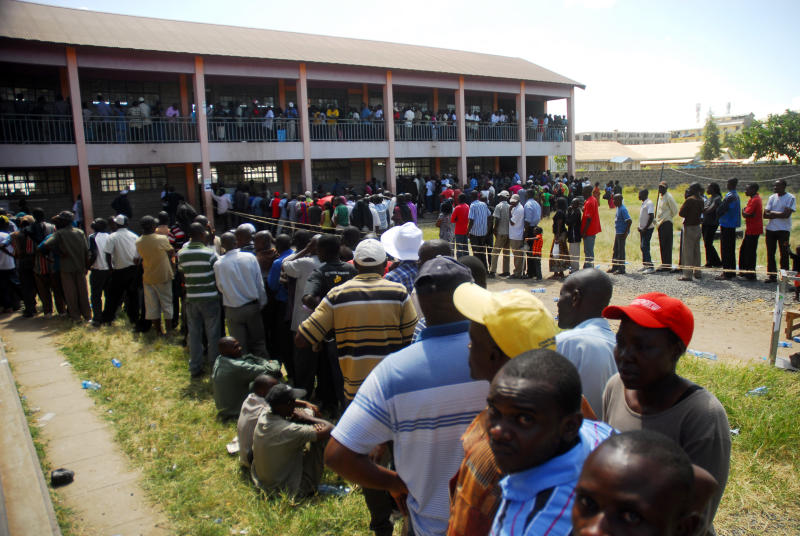Voters queue at Mukuru Educational Centre in Embakasi Nairobi during the 2013 General Election.[Boniface Okendo,Standard]
×
The Standard e-Paper
Home To Bold Columnists

Voters queue at Mukuru Educational Centre in Embakasi Nairobi during the 2013 General Election.[Boniface Okendo,Standard]
If Jesus Christ did not rise, Christianity would not be in existence. Ask the Doubting Thomas, an apostle of the arrested, tortured, crucified, and thankfully resurrected Jesus Christ. When he was told that Jesus had risen from the dead, the man simply could not believe. He doubted his own friends. He needed evidence.